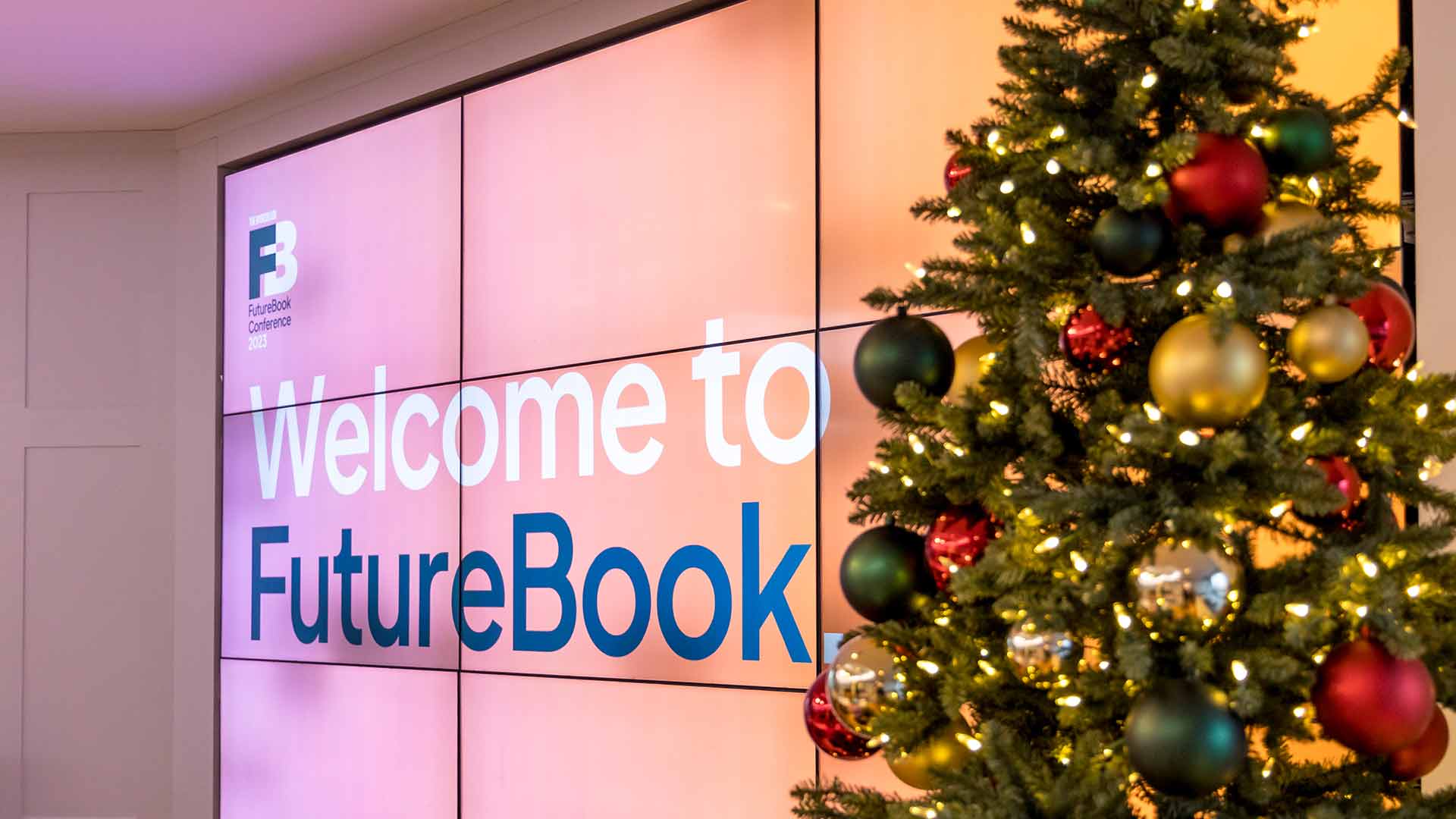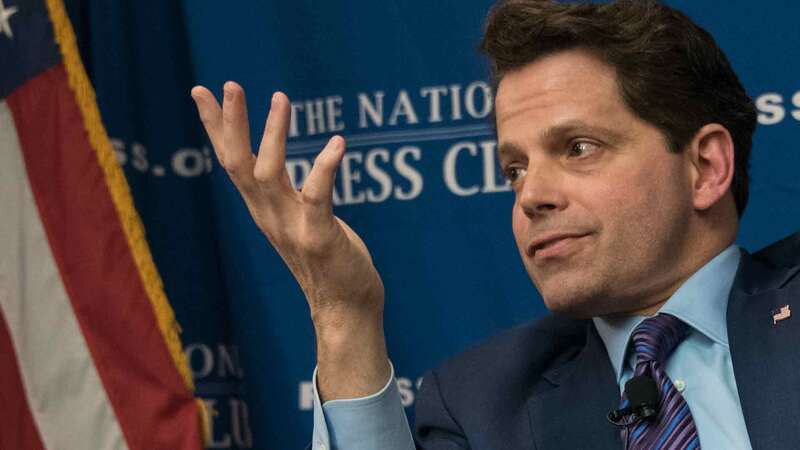You are viewing your 1 free article this month. Login to read more articles.
Free but not easy
Freelancers are more vital than ever to the book trade, and we need to lift up the best.
We live in interesting times for freelancers working in and around publishing.
On the one hand, consolidation among rights-owning corporates and the growth of self-publishing means it’s never been more vital for writers and creators to have access to the best freelance talent out there. On the other, the constant evolution of AI tools represents not just technical disruption but also a potential threat to individual livelihoods. The more outsourcing, the more focus there will inevitably be on cost-cutting and increased productivity.
How best, then, to understand and navigate it all?
That question is one of the reasons we’re looking forward to this year’s FutureBook Conference taking place on Monday, where, for its inaugural incarnation, Whitefox is proud to sponsor the Freelancer of the Year Award. In the early days of the company, we ran an annual Unsung Heroes of Publishing Award, precisely because we wanted to shine a light on the people—behind the scenes and below the radar—who made a material difference to the success of writers and their books. OK, maybe it was also a reaction to The Bookseller’s own list of the most influential people in publishing, many of whom were the chief executives and managing directors who, by definition, were a long way from actually touching a book during the creative part of the process. Still, you get the reasoning.
Books are written in isolation but are published by a team (it is a bad habit, born of working for too long in publishing, that I instinctively turn straight to the acknowledgements page, where I’m always slightly suspicious of any writer who doesn’t thank the people who helped them create the very best possible version of their book). And nowadays that team rarely, if ever, exists in one office in one building.
Do publishers always appreciate the component parts involved in bringing a book to market? Sometimes it feels as if they’re taken somewhat for granted. We’ve learned at Whitefox that traditional publishers perceive us almost like engineers playing a part in a functional process. But if you’ve written a book and know little or nothing about publishing, access to freelance expertise via an agency like ours is a bit like hanging out at Hogwarts. You get to interact with the editors, cover designers, copywriters, production experts, marketeers and publicists who make the magic happen.
Consolidation among rights-owning corporates and the growth of self-publishing means it’s never been more vital for writers and creators to have access to the best freelance talent out there
I often get asked what inspired me and Annabel Wright to set up Whitefox back in 2012. Really it was a few chance encounters and one quietly inspiring colleague. A discussion with David Young, then at Hachette, about how books that had been through a rigorous, high-touch, recognised publishing process needed something akin to a Kitemark of quality to differentiate them from the tsunami of e-books being uploaded directly onto the Kindle platform. A conversation with the late lamented Mike Shatzkin about what would happen if you unbundled the multiple services that make up this one concept we call "publishing" and gave anyone who wanted it direct access.
And then there was Robert Lacey (or, as he would constantly have to call himself, "No, Not That Robert Lacey", sharing a name as he does with the esteemed royal biographer). We’d worked together in a bookshop in the 1980s before eventually both winding up at HarperCollins. He was, by his own admission, not a natural commissioning "rainmaker", but, oh my goodness, talk to any of the countless authors he’d edited over the decades and you understood the value of a trusted, collaborative, safest-of-safe pair of hands. Sometimes he’s the first name in the acknowledgements, sometimes he’s not mentioned at all, but he’s always visible in the quality of the book—unshowy but brilliant. Making a good book better.
At Whitefox, we still see it as our mission to match the best and most appropriate freelance team to each bespoke project. At the same time, we’re now trying to help demystify the latest AI tools and help the freelancers we so value to keep learning and adapting, without devaluing their skills. And this proven talent seems even more relevant now than it did when we started curating our database all those years ago. I’m more than slightly embarrassed when I look back at the language I used about our mission in 2012, when I hubristically talked about "the Uber-isation of publishing", an ambition predicated on the notion that we’d scale by opening up access to tens of thousands of professional publishing experts. Guess what? There aren’t that many. At least, not ones that are tested and trusted enough to be part of our network. But there are a lot, and there are going to be more, and they will keep making a difference to the success of books and their authors. Congratulations from us to this first list of nominees—and see you at the conference.
The last few tickets are left for FutureBook 2024, in person and online. Secure your place here or email paul.clifton@thebookseller.com for group bookings and special rates.




















